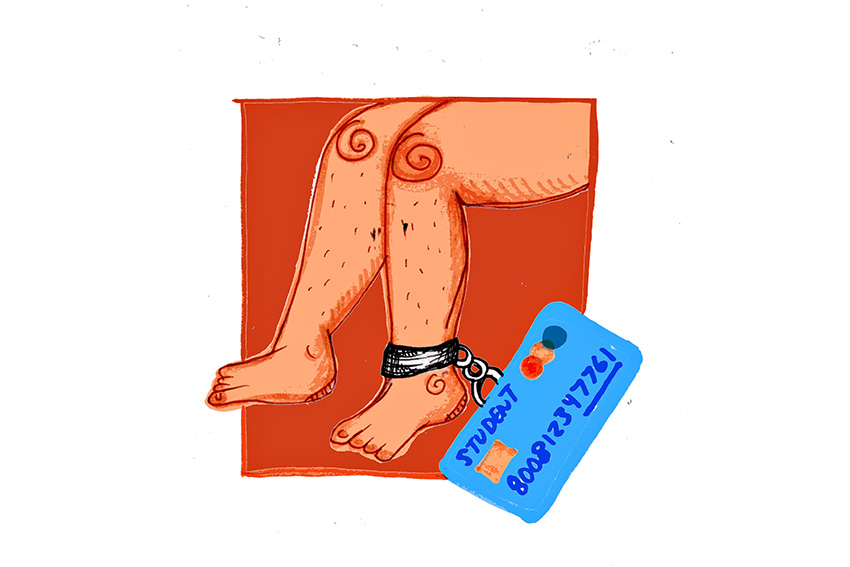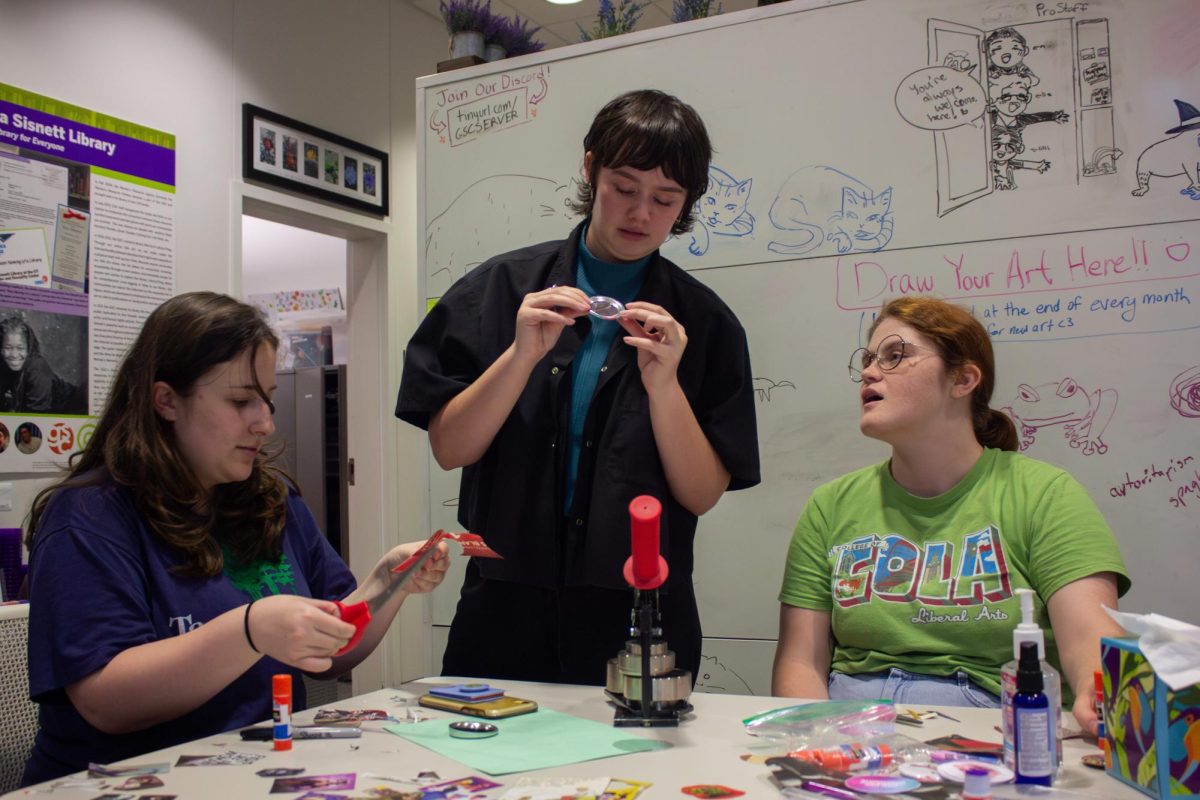Students can face repercussions for credit mistakes they made at 18, such as missed payments, until they are 25 years old.
Credit card debt has hit a record high, while 43 percent of people with student loans are not making payments on them. Financial illiteracy is common in college students because they have little knowledge on budgeting, said Terri Holbrook, accounting professor and certified public accountant.
“(Students) don’t keep track of their expenses,” Holbrook said. “Whether it be coffee at Starbucks or going out with friends or calling an Uber, all those little things that they don’t necessarily think of being expenses and don’t blow their budget add up.”
Ashish Dave, first-year representative for Student Government and business and Plan II honors freshman, authored Resolution 12, a bill to renovate Bevonomics, a defunded financial literacy program. He said the bill aims to educate first-years after noticing how little students knew about loans, credit and investment. Dave said he watched his peers blow through their Bevo Bucks early on in their first semester.
“The lifelong implications (are that) bad credit can affect your ability to get a home, to save for your children’s college, (and) to take out loans for a car,” Dave said.
Dave said UT has a responsibility to make informed citizens out of its students.
“If you (have) a bunch of students paying you to receive education, I think it’s a pretty good bet that you as the recipient of those checks should educate your students,” Dave said. “It should be a reciprocal process.”
Holbrook said monetary aid from parents is an advantage, but education from the University and from parents is more useful.
“Just like the University offers grief counseling and offers different kinds of emotional support … financial counseling would be great, especially if you’re a student that finds yourself underwater,” Holbrook said.
Parents tend to cover all their children’s expenses instead of teaching them about monthly and weekly budgets, Holbrook said.
“(Children should) have this allowance that they can use to spend for certain things, and if they run out of money, they don’t get any more,” Holbrook said. “That’s how you teach a child, and that kind of lesson then sticks with them as they get into college.”
Radio-television-film sophomore Ben Harizman also receives support from his parents. Harizman’s father helped him purchase property in Austin to establish in-state residency and pushed him to use a credit card, he said.
“My dad (said,) ‘Most kids in college aren’t going to have a good credit score or even a credit score when they come out of college, so you might as well just start building one now,’” Harizman said. “But it backfired because I missed a bunch of bills.”
Harizman tries to maintain a good score but said he has very slim knowledge of financial planning.
Dave said he hopes to continue work with the Office of Financial Aid and believes the key is to educate impressionable first-years before they form bad habits.
“Our public education system has failed our students and has not prepared them to become effective adults,” Dave said.





















